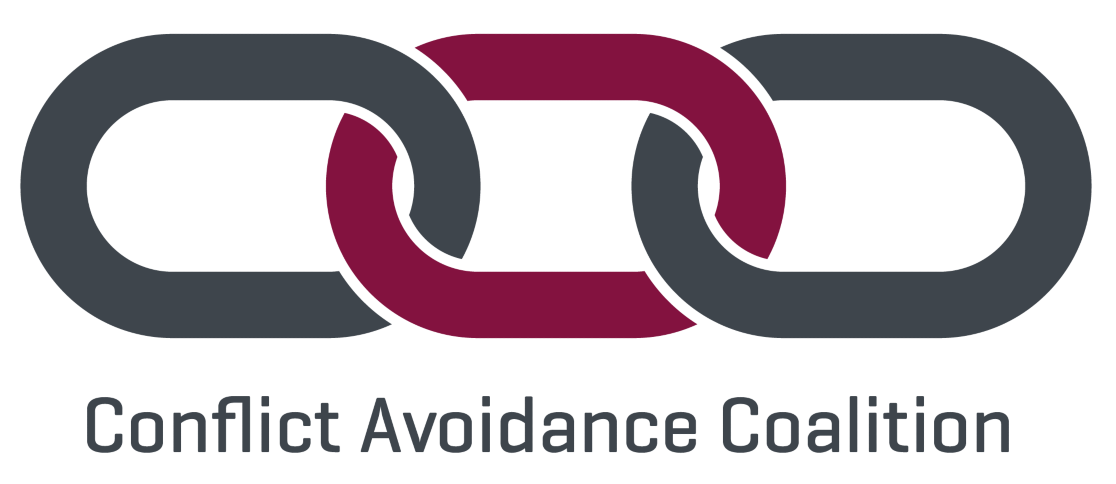
An initiative to reduce conflict and boost collaboration in the industry is receiving growing backing. Len Bunton explains.
The UK construction industry has recently begun embracing the Conflict Avoidance Process (CAP), an early intervention strategy aimed at resolving emerging issues before they escalate into costly disputes like adjudication. CAP encourages proactive problem-solving and collaboration, reducing the reliance on formal dispute resolution mechanisms.
Support for CAP has grown significantly, particularly in Scotland, where key organisations like the Scottish Building Federation (SBF), SELECT, the Civil Engineering Contractors Association (CECA) and the Building Engineering Services Association (BESA) have endorsed the Conflict Avoidance Pledge.

The Conflict Avoidance Pledge: key commitments for signatories
- Collaborative working. Emphasises early intervention to resolve issues before they escalate.
- Embedding mechanisms. Promotes the integration of conflict avoidance strategies within projects to manage potential conflicts effectively.
- Resource allocation. Commits necessary resources to implement these strategies across all projects.
- Skill development. Enhances the capability to identify early signs of disputes and apply suitable conflict resolution measures.
- Industry collaboration. Encourages working with industry partners to promote and utilise conflict avoidance methods.
- This pledge aims to create a culture of proactive dispute management in the construction industry, enhancing collaboration and reducing conflicts.
Over 475 construction organisations across the UK have signed this pledge, with increasing interest also noted in Wales, Northern Ireland and Ireland. The Chartered Institute of Building (CIOB) is encouraging its members to adopt CAP practices to enhance collaborative working environments.
The main objective of CAP is to identify and address potential disputes early, with the help of an experienced industry consultant who can provide binding or non-binding recommendations. This collaborative approach has proven effective in mitigating issues, allowing construction projects to continue with a focus on trust and cooperation.
The Conflict Avoidance Coalition Steering Group, which includes about 80 organisations, has been pivotal in promoting CAP adoption across various sectors such as transportation, rail, nuclear, water, utilities, power and health.
A successful trial by Transport for London on 20 projects showed a significant reduction in contractual claims and legal costs, further demonstrating CAP’s effectiveness in conflict management.
Government endorsement of CAP is also increasing. The Scottish government has recommended its use in public sector projects, and discussions are underway with the Welsh government, the Northern Ireland Assembly and authorities in Ireland.
Notably, the UK Parliament refurbishment and restoration project will integrate CAP into its construction contracts, highlighting its growing acceptance in large-scale projects.
The 2024 edition of the Joint Contracts Tribunal (JCT) contract, while not directly referencing CAP, encourages collaborative dispute resolution methods. This reflects an industrywide shift towards reducing conflicts and fostering a cooperative approach to project management.
Len Bunton is an arbitrator, adjudicator, mediator and conflict avoidance consultant.
Further information: www.rics.org/capledge
Comments
Comments are closed.












It has been a long time coming, but excellent to see this initiative. I have been a long time advocate of such an approach, from the early days of involvement with drafting FIDIC Conditions and the introduction of various types of ADR including the Dispute Advisory Board concept that enables work to continue whilst conflicts are managed. I also trained as a mediator following completion of the MSc in Construction Law & Arbitration (coining the term commoncensus), because it seemed to me that parties in a construction venture should not only want to resolve disputes speedily but also wish to maintain reasonable relationships for the future.